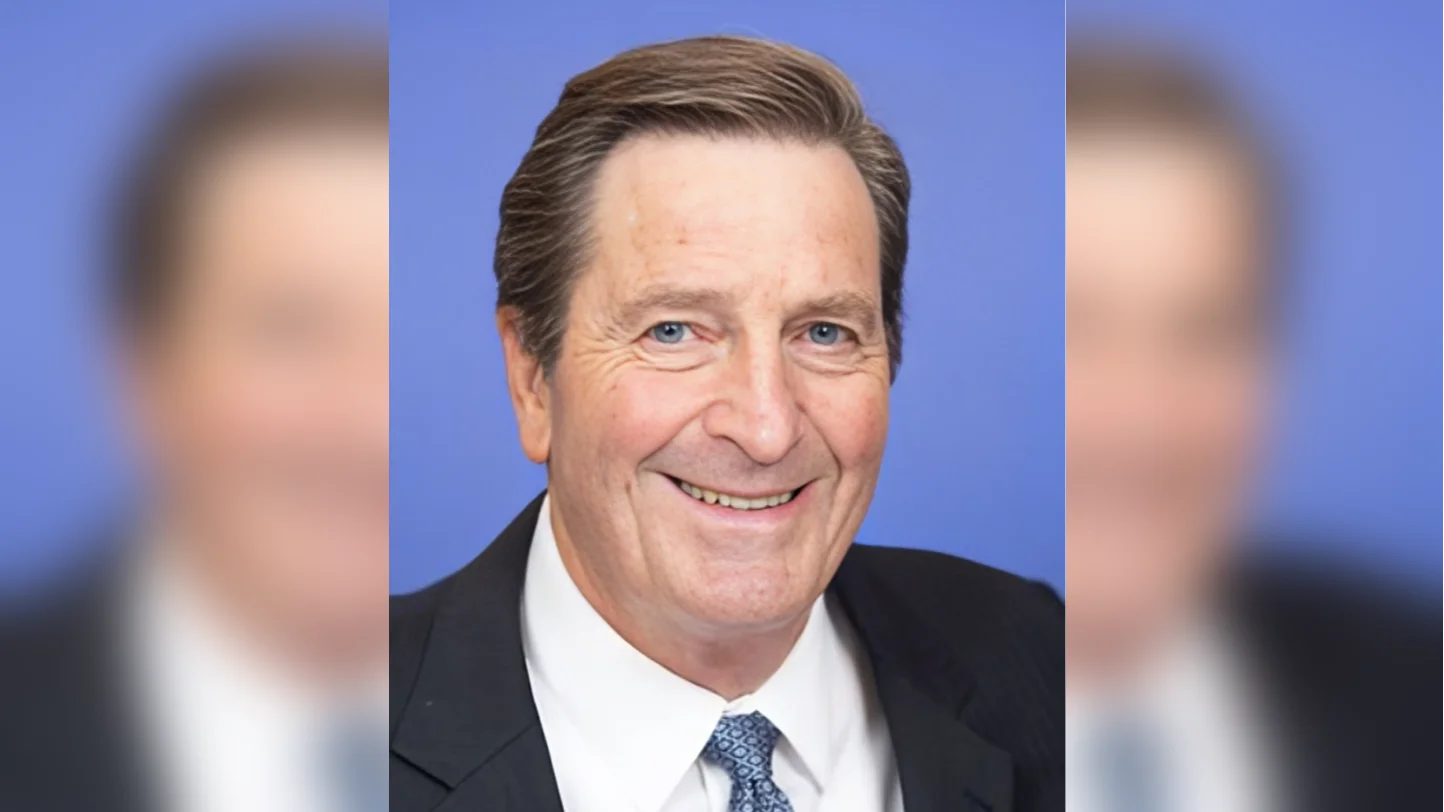
John Garamendi Congressman California’s Eighth Congressional District | Official Website
President Donald Trump has sparked controversy on his first day in office by pardoning individuals involved in the January 6th Capitol riots. The decision has drawn criticism from various political figures, including Rep. John Garamendi, who described the pardons as "shameful, immoral and dangerous." Garamendi emphasized that Trump's actions demonstrate a lack of respect for law enforcement, democratic institutions, and those who lost their lives during the events of January 6th.
The reaction among Republicans has been mixed. Some have remained silent or accepted the pardons, which Garamendi finds disturbing. He challenged his Republican colleagues to clarify their stance on Trump's actions and address how they plan to prevent further political violence and uphold democratic values.
Several prominent Republicans previously expressed opposition to pardoning those involved in the violence at the Capitol. Vice President J.D. Vance stated, “If you committed violence on that day, obviously you shouldn’t be pardoned.” Senate Majority Leader John Thune remarked that pardons should be considered on a "case-by-case" basis.
Other Republicans voiced concerns about specific acts of violence and damage to property during the riot. Sen. Susan Collins questioned whether pardons were given to individuals who assaulted police officers or damaged property. Rep. Dusty Johnson asserted that attacking police officers is something that should never be condoned.
Rep. Jim Jordan highlighted distinctions among the pardons, supporting leniency for non-violent offenders while opposing it for those who committed violent acts. Sen. Josh Hawley shared similar sentiments, stating he was against pardons for individuals who assaulted law enforcement or caused destruction.
As Congress faces this new challenge, Garamendi stressed the importance of protecting democratic values and called upon lawmakers to meet what he sees as one of the most significant challenges in recent history.
 Alerts Sign-up
Alerts Sign-up